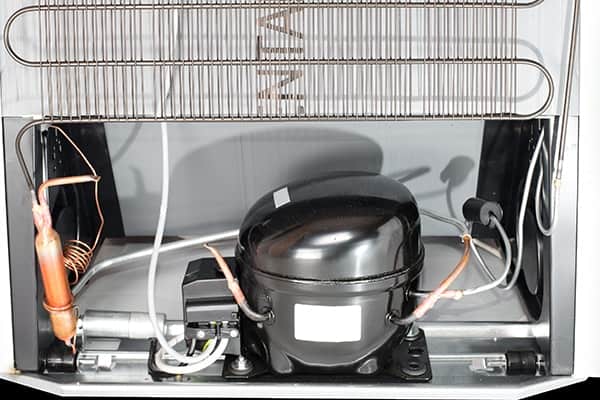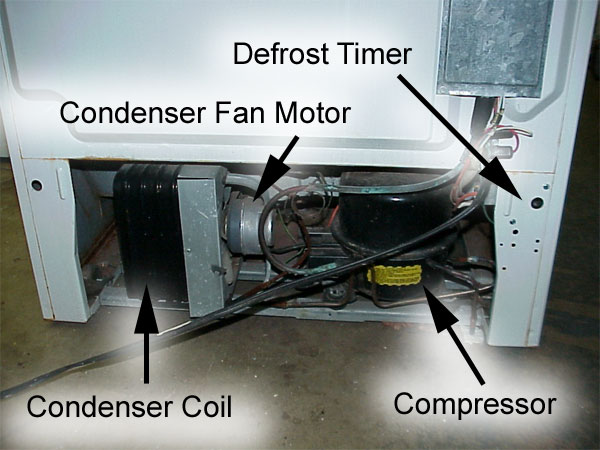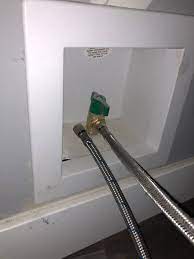Refrigerators are supposed to keep your food cool and fresh—not keep you up at night with odd sounds and mysterious noises. If you’ve ever paused in your kitchen and wondered, “What’s that noise coming from my refrigerator?” you’re not alone. Many homeowners notice new or persistent sounds coming from their fridge, and while some noises are completely normal, others can signal a problem worth investigating.
In this article, we’ll explore the most common sources of refrigerator noises, what they mean, and how to know when it’s time to take action—or call in the experts.
Understanding Refrigerator Noises: What’s Normal and What’s Not?
Modern refrigerators contain a variety of moving parts—compressors, fans, valves, and more. Each plays a crucial role in keeping your food cold, and naturally, each can make its own set of noises. Not every sound is a sign of trouble. For example, you might hear:
- Humming or buzzing: Usually, this is just the compressor running.
- Clicks and pops: These can happen when the fridge cycles on or off, or when the internal temperature adjusts.
- Gurgling or bubbling: Often caused by refrigerant moving through the coils.
However, loud, persistent, or new noises should never be ignored. It’s important to distinguish between everyday sounds and those that signal trouble—especially if you want to avoid bigger repairs or even food spoilage.
Common Reasons Your Refrigerator Is Making Noise
1. The Compressor Is Running Louder Than Usual

The compressor is the heart of your fridge’s cooling system. While it’s normal for it to hum or buzz, an abnormally loud or clanking sound may indicate that the compressor is aging or malfunctioning. Older Amana refrigerators, for example, sometimes develop compressor issues after years of use. If you hear this noise, it might be time to seek Amana appliance repair from a certified technician.
2. Evaporator or Condenser Fan Issues

Refrigerators rely on fans to circulate air over the coils and through the fridge and freezer compartments. If you hear a loud whirring, rattling, or even a squeaking sound coming from the back or inside the fridge, a fan blade could be hitting an obstruction, or the fan motor might be wearing out. LG refrigerators are known for their efficient cooling, but fan problems can still crop up over time. You can find reliable LG appliance repair options if you’re dealing with persistent fan noises.
3. Ice Maker or Water Line Sounds

Do you hear a knocking, dripping, or even a sharp snap from your fridge? If your model has an ice maker or water dispenser, you may be hearing the water valve opening and closing, or ice cubes dropping into the tray. While some noise here is normal, loud bangs or constant running water could indicate a clogged line or a stuck valve.
4. Vibration and Rattling

Sometimes, the source of a refrigerator noise is simply vibration—against the floor, the wall, or even loose shelves inside the unit. Frigidaire fridges, known for their sturdy design, can still develop loose panels or uneven leveling over time. Make sure the fridge is standing level and check that all shelves and drawers are firmly in place. If vibrations persist, professional Frigidaire appliance repair might be needed to tighten up internal components.
5. Defrost Timer and Heater Noises
Occasional clicking or popping may come from the automatic defrost system. These sounds are usually brief and nothing to worry about. However, if you start to notice persistent electrical buzzing, it could be a sign that a timer or heating element is wearing out.
6. Unusual Humming or High-Pitched Squeals
Not all refrigerator brands are the same, and some—like Blomberg—use special technology to stay energy efficient and quiet. Still, if you start to hear high-pitched squeals, persistent humming, or other out-of-the-ordinary sounds, it’s worth having a Blomberg appliance repair professional take a closer look. Ignoring these sounds may lead to more expensive repairs down the line.
Quick Troubleshooting Tips
Before you panic (or unplug your fridge!), try these quick fixes:
- Check for obstructions: Make sure nothing is blocking the fans, vents, or air flow inside and behind the fridge.
- Level your fridge: Use a bubble level to check that the fridge is sitting flat. Adjust the feet if needed.
- Secure loose shelves and drawers: Rattling inside the fridge is often due to loose bins or glass shelves.
- Clean condenser coils: Dusty coils make your fridge work harder—and louder. Unplug the fridge and gently vacuum or brush the coils.
When to Call a Professional
Some refrigerator noises just won’t go away on their own, and trying to fix them yourself can make matters worse (or even void your warranty). If you’ve checked the basics and your fridge is still making noise, it’s smart to get a professional involved before small problems turn into big ones.
If you can’t fix the problem yourself, contact us and we’ll handle the repair—fast, professionally, and for all major brands.
Final Thoughts
A noisy refrigerator isn’t always an emergency, but it’s never something to ignore. By understanding the different sounds your fridge can make—and what they mean—you can keep your kitchen peaceful and your food safe. Remember, for specific brand issues, you have trusted resources for Amana, LG, Frigidaire, and Blomberg appliance repair in Manhattan. Don’t hesitate to reach out for help if you need it!

